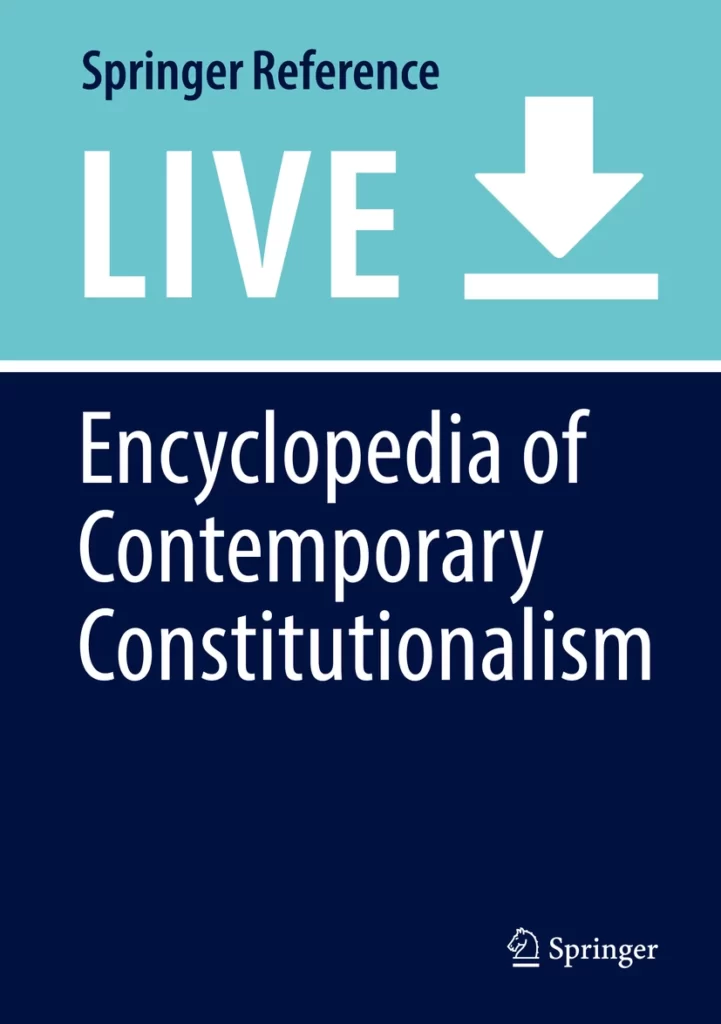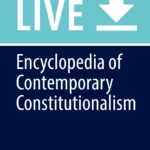Abstract
The ongoing challenges related to migration, citizenship, and refugees have been increasingly turning into the leading concerns for many states, urging them not only to improve their national legislations, but also to adjust their policies without undermining international legal obligations. The Republic of Azerbaijan has been encountering some of these challenges for a long time, primarily due to its geostrategic location, gradual economic and legal development, and the existence of a considerable social harmony toward “newcomers.” However, “migration,” “citizenship,” and “refugee,” as conceptual ideas, have played a significant role in the establishment of statehood in Azerbaijan, primarily affecting the formation of a civic republican identity, the development of a multicultural society, and the foundation of a constitutional-secular state. In this respect, this entry offers a pioneering interdisciplinary study on the conceptual-legal foundations of migration, citizenship, and refugee status with the aim of: (1) construing some of the fundamental notions of statehood in Azerbaijan and (2) instrumentally improving the constitutional-legal strategies to overcome highlighted problems and enforce reasonable migration and citizenship policies in compliance with the international legal obligations of Azerbaijan.
Posted inArticles
Foundations of Migration, Citizenship, and Refugee Law in a Process of Transformation: The Case of the Republic of Azerbaijan

Foundations of Migration, Citizenship, and Refugee Law in a Process of Transformation: The Case of the Republic of Azerbaijan
Rashad Ibadov, Vugar Ibrahimov



